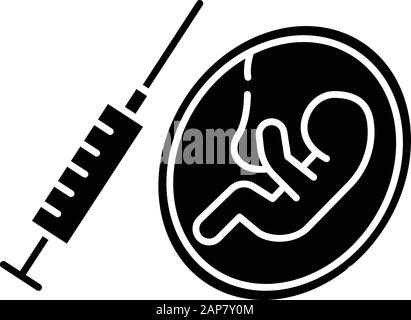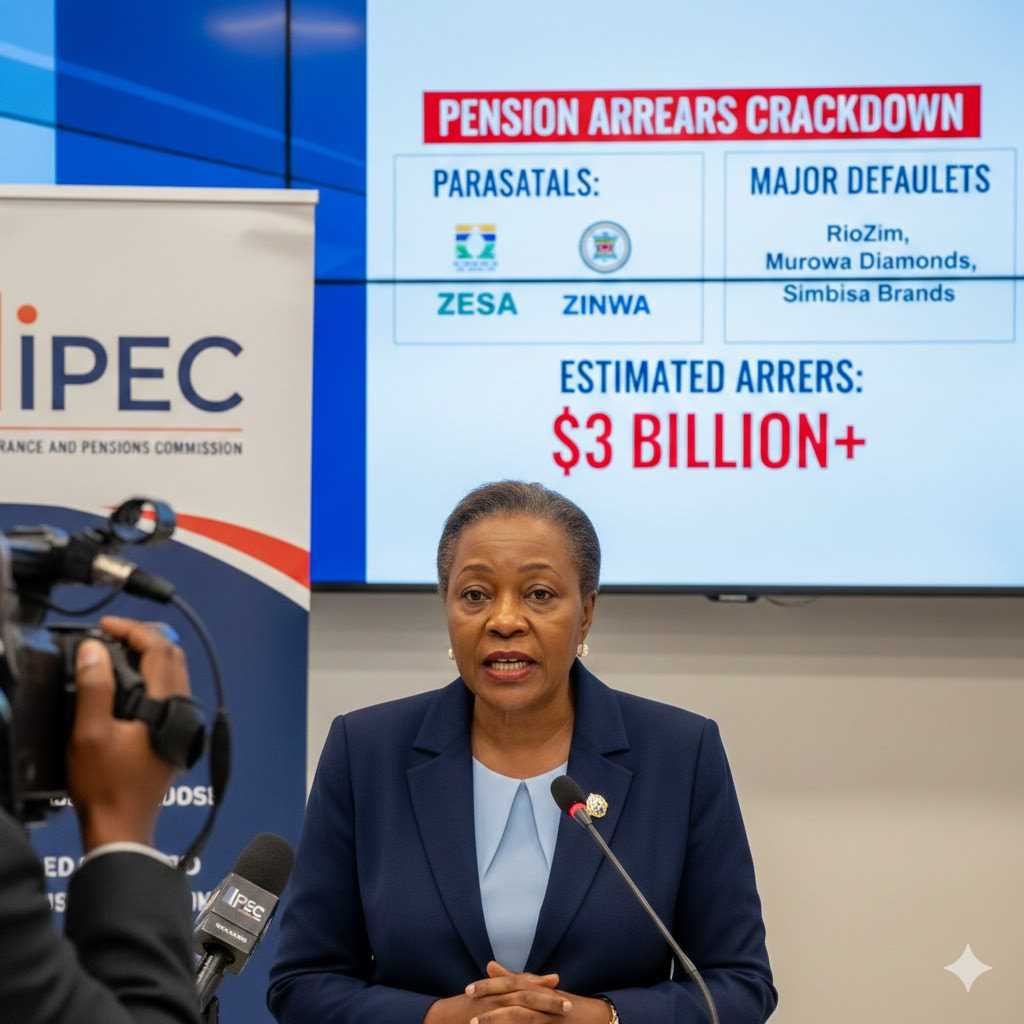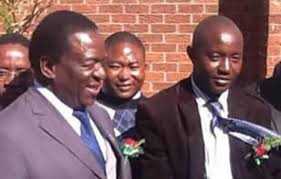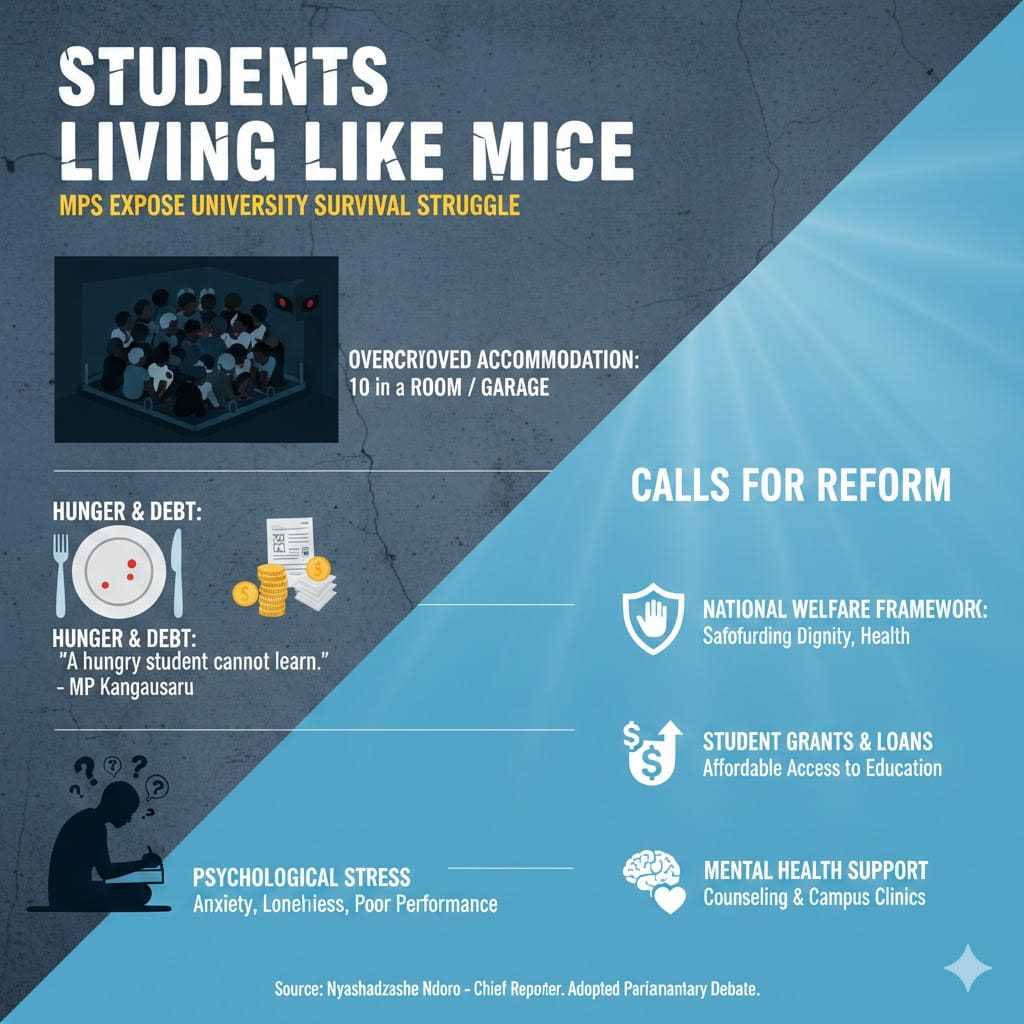
Audrey Galawu and Mike Mashiri
The recent sentencing of Junior Ncube, a 24-year-old woman from Pumula South, to four years in prison for illegal abortion, has ignited a firestorm in Zimbabwe. Ncube’s story, coupled with expert opinions and stark statistics, paints a complex picture of a nation grappling with social, religious, and health concerns surrounding reproductive rights.
Zimbabwe’s current legal framework, the Termination of Pregnancy Act (1977), tightly restricts abortion access. Legal termination is only permitted under limited circumstances such as danger to the mother's life, rape, incest, or fetal impairment. Even in these cases, court authorisation and a registered medical practitioner are required.
However, the harsh reality on the ground paints a different picture. Despite the law, abortions occur frequently, with estimates suggesting 34 per 1 000 women of reproductive age undergoing this procedure. The vast majority of these abortions are unsafe and clandestine, often conducted by unqualified individuals in unsanitary conditions due to fear of punishment and societal stigma. This grim reality results in approximately 10% of maternal deaths being attributed to unsafe abortions.
Advocates for legal reform, like legal professional Advocate Freddy Masarirevhu and Katswe Sisterhood director, Talent Jumo, argue that the current law does more harm than good. They emphasize the critical need to prioritize the health and safety of women by legalising safe and accessible abortions. “Cases of abortion are everywhere and in almost all, it's unsafe abortion,” states Masarirevhu.
Related Stories
“We need to acknowledge that abortion is happening and find ways to protect women who may want to abort.” Jumo echoes this sentiment, stating: “It means that there will be less deaths in the country because there will be no need to go to people in the community who terminate pregnancies.”
However, the debate is far from one-sided. Individuals like vendors Robert Mucheka and Caroline Cream hold strong religious and moral objections to abortion, viewing it as sinful and opposing its legalization beyond extreme circumstances like rape. Mucheka emphasises: “Abortion is a bad thing and it is a sin,” while Cream believes, “It is also a sin before God and at church, we are told not to kill.” Both express concerns about potential abuse of legalised abortion and increased pressure on healthcare systems.
The road to a solution is a multi-faceted one. Masarirevhu and others urge lawmakers to embark on a comprehensive review and reform of the Termination of Pregnancy Act, taking into account broader factors like the woman’s individual circumstances and emotional well-being.
Open dialogue across all segments of society is crucial to address the root causes of unwanted pregnancies, including comprehensive sex education and promoting responsible sexual behaviour. Patience Kugada, a citizen, underscores this need, stating, "In this kind of generation we are living in, these young people are doing things we do not expect them to be doing. It is better to have a law that allows them to terminate their pregnancies in a safe way maybe in a formal clinic."
Junior Ncube’s case has transcended the confines of a courtroom sentence, becoming a powerful symbol of the urgent need for a nuanced and compassionate approach to the complex issue of abortion in Zimbabwe. Balancing religious beliefs, individual rights, and public health concerns requires careful consideration and open dialogue. Ultimately, finding a solution that prioritizes the safety and well-being of women while respecting diverse viewpoints will be key to navigating this sensitive and consequential issue.


















Leave Comments